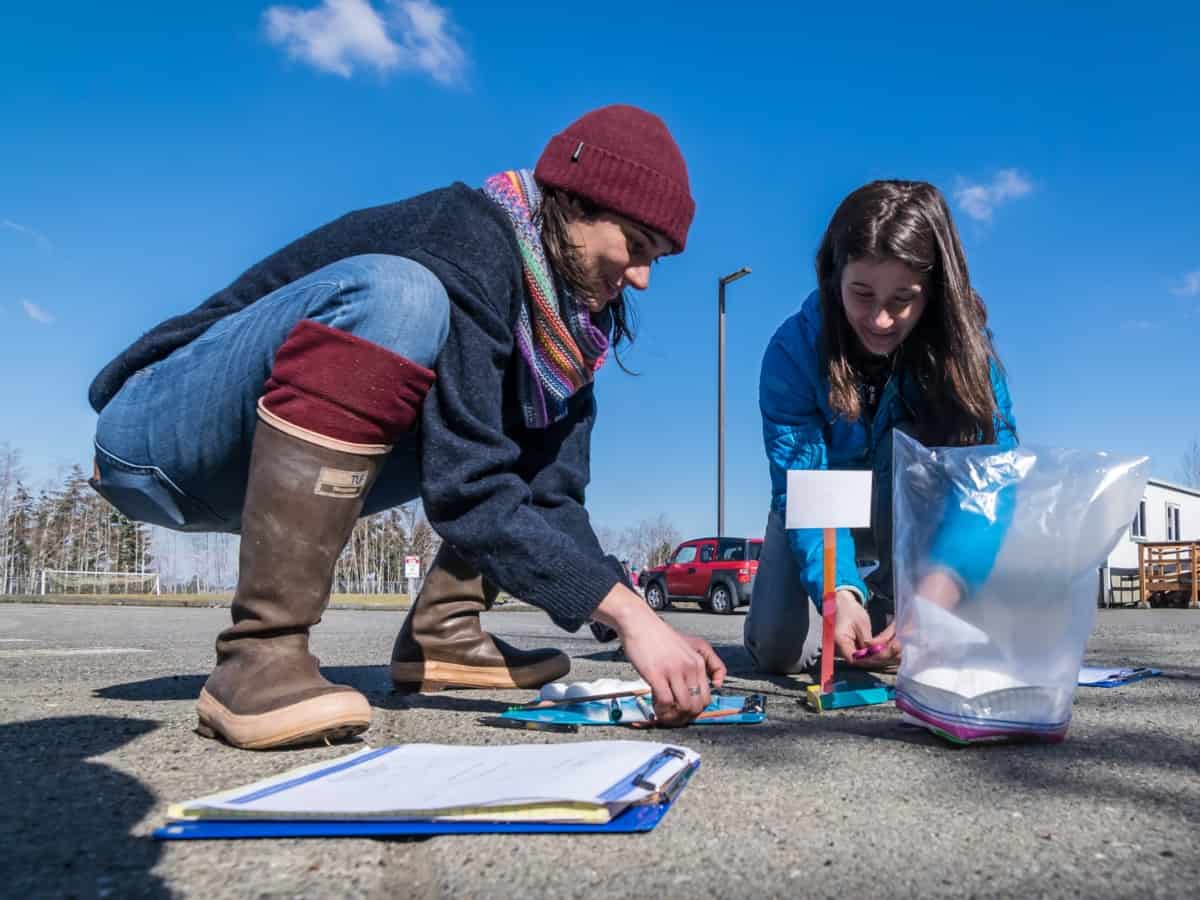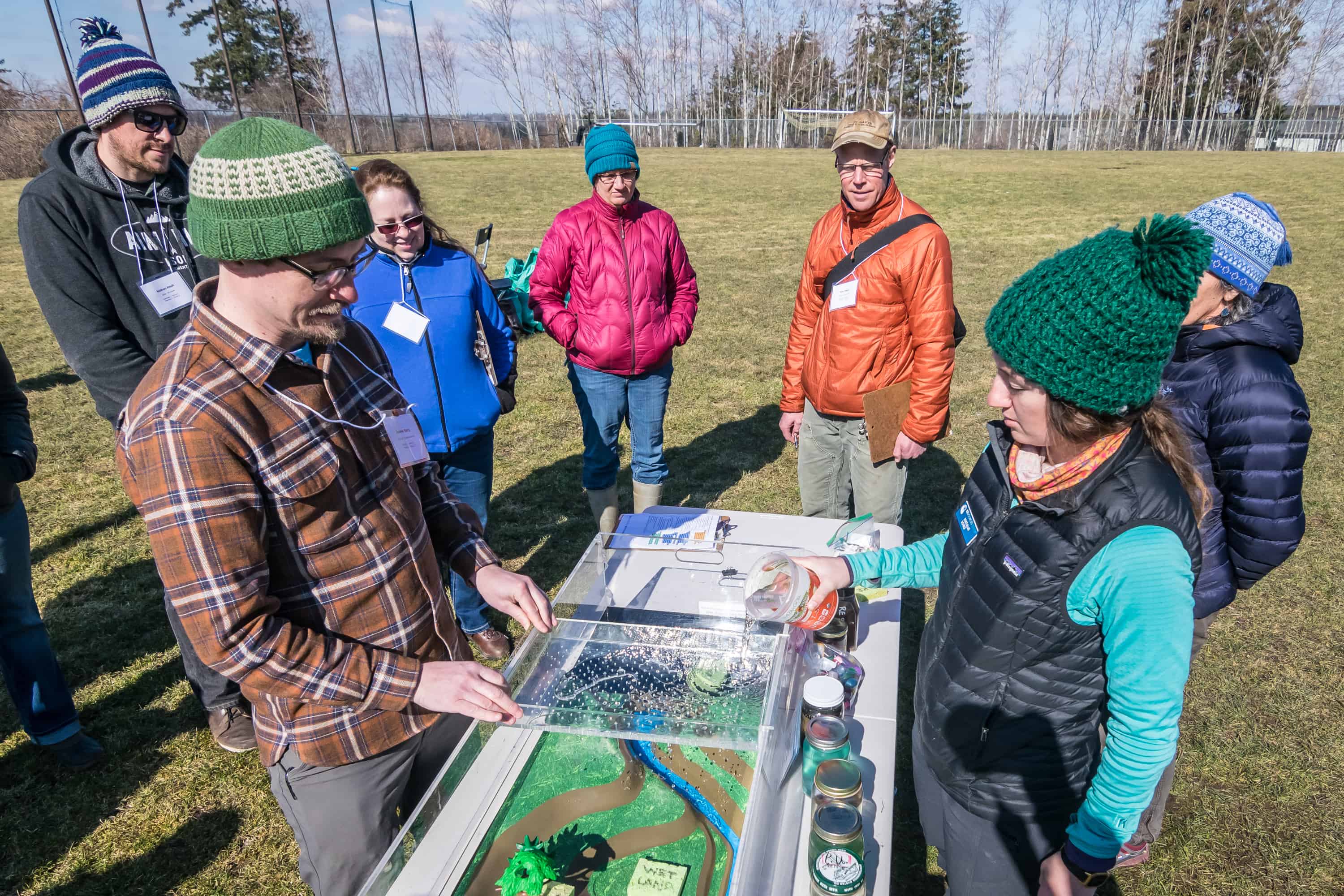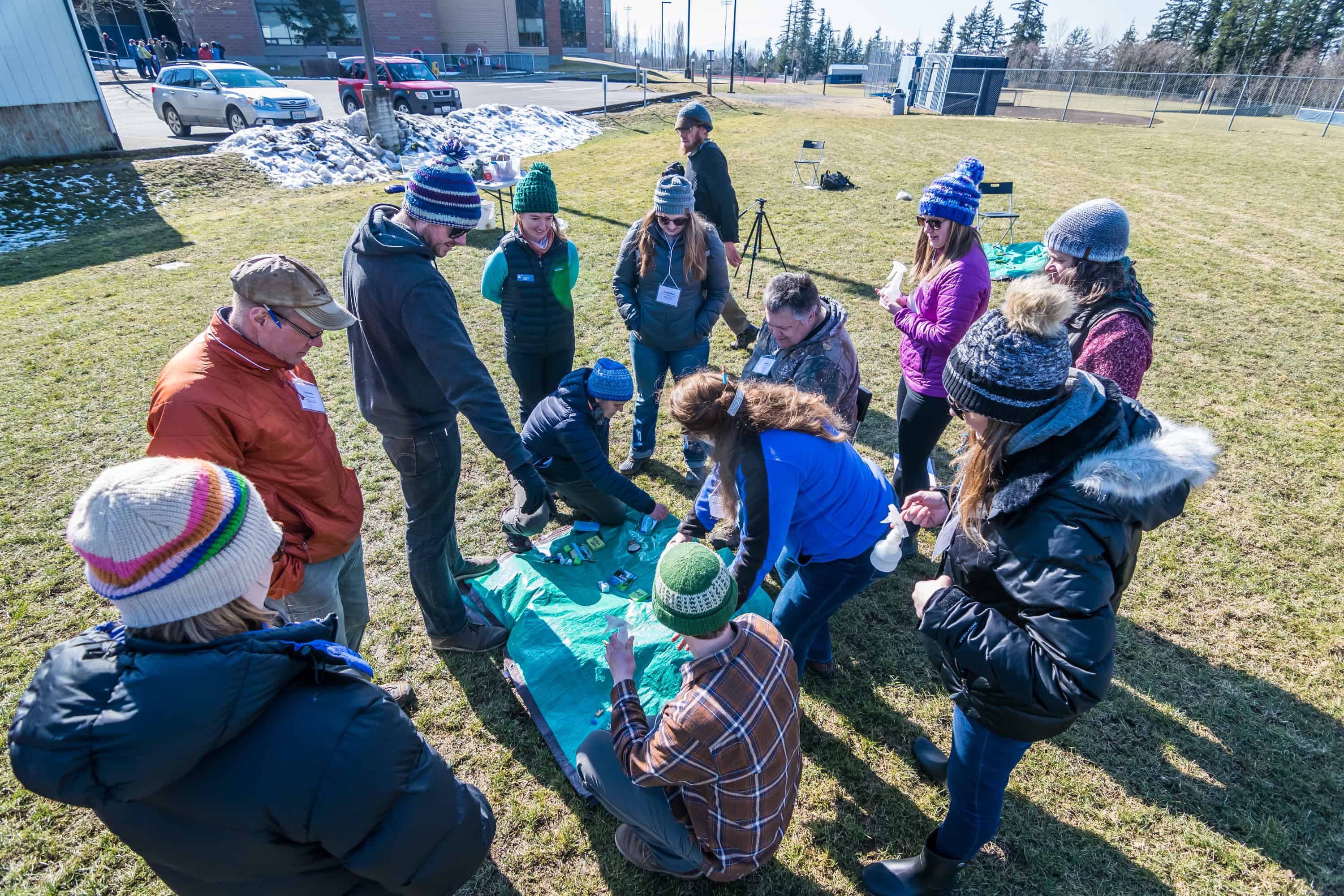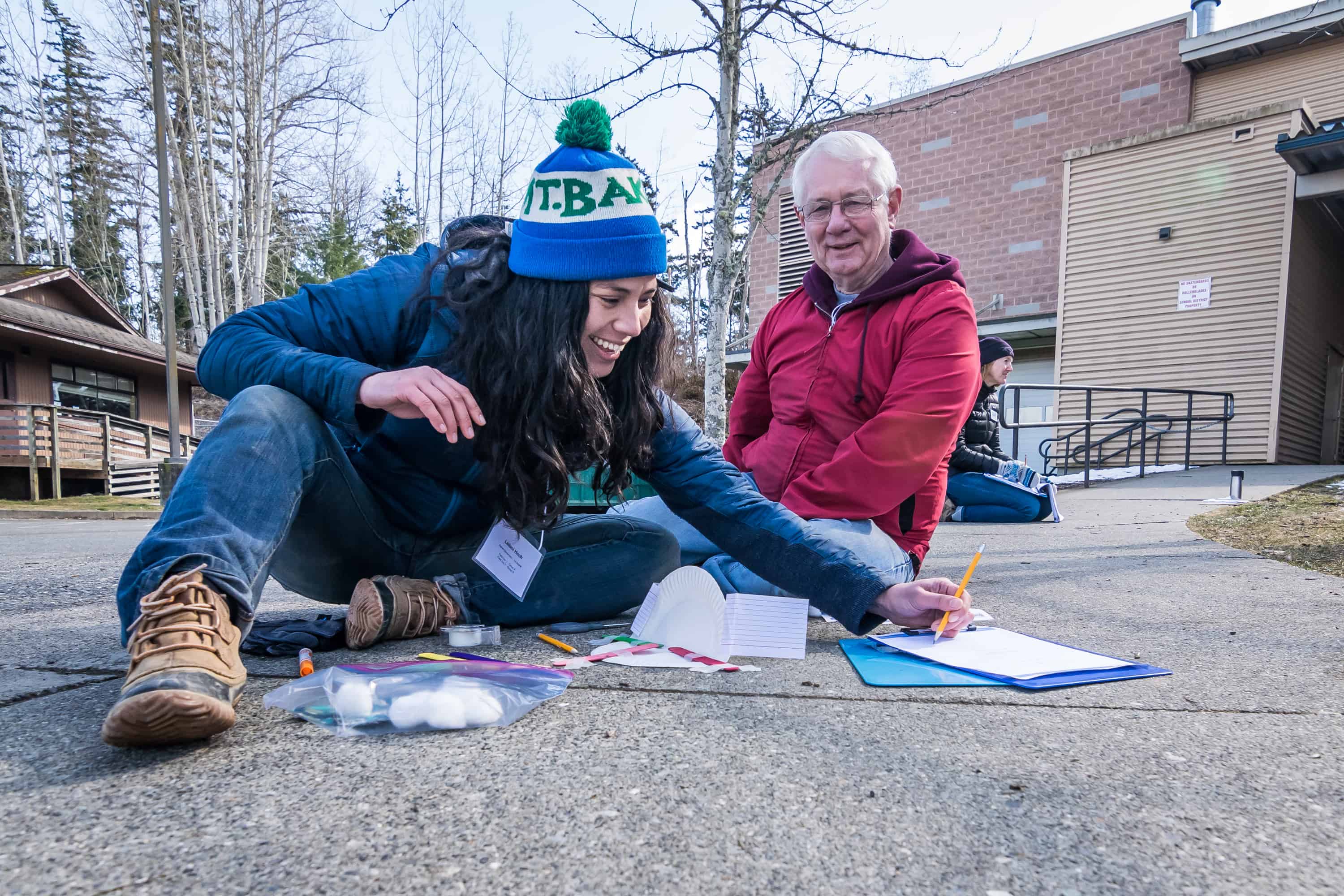
Climate Science: From Students to Stewards
Officially, we celebrated our planet Mon., April 22, and many of us took part in a wide variety of celebrations, work parties and other gatherings intended to reignite our commitment to protecting the natural systems upon which we all depend. These events are fun and can be meaningful ways to introduce children to environmental advocacy. But as that trite phrase suggests, the real work needs to happen every day, not just one day in April.
Before Jay Inslee became the “Climate Change Presidential Candidate,” he guided our State Legislature to earmark $4 million to provide climate science education to our children at every grade level. The proviso funds are intended to support teachers by providing professional development in climate science and Next Generation Science Standards. To that end, six local independent community based organizations—Common Threads, Gardens of the Salish Sea Curriculum, Nooksack Salmon Enhancement Association, North Cascades Institute, RE Sources for Sustainability, and Wild Whatcom—came together to provide a four-part teacher training series.

During this collaboration, nearly 50 K-12 teachers in both Whatcom and Skagit counties have been empowered to take their students outside, introduced to grade-appropriate lessons focused on climate science, and supported as they dive into the new Next Generation Science Standards.
The goal of this training series is to give teachers knowledge and tools so they are confident in extending their teaching beyond the walls of the classroom, without having to outsource naturalist “experts.”
Hands-on outdoor lessons incorporating environmental stewardship doesn’t have to be left to a special class field trip—it can be done nearly anywhere, in any season, with any group of students.
Sabrina Hauck, a kindergarten teacher from Skyline Elementary in Ferndale, has already implemented some of her newfound skills by taking her students on nature walks to discover the difference between living and non-living things. Third grade teacher Shannon Wanlin balks at the idea that elementary is too young to teach about climate science:
Climate science is important to teach young kids,” she says. “These changes will impact their lives directly. A third grader can change the habits of people in their family even by just reminding them to turn off the faucet.”
During two classroom sessions and two field day sessions, teachers rediscovered their inner student through active lessons focusing on specific local examples of the ways in which climate change is impacting our planet and how we are able to help reduce the consequences. Whether playing a game of tag that models the obstacles that shellfish might experience due to ocean acidification, forming a human snowflake, designing a model to illustrate how greenhouse gases trap heat, or engineering and building a watershed to explore conservation and mitigation techniques, teachers come away from the training series with specific lessons to use, as well as the tools to create their own.
All of these organizations bring experience in presenting diverse and proven programming to students in our region—garden education with Common Threads, neighborhood adventures with Wild Whatcom, salmon education and restoration with Nooksack Salmon Enhancement Association, RE Sources for waste management programs, intertidal biomes with Gardens of the Salish Sea Curriculum, and mountain, snow and forest ecology with North Cascades Institute.
Many Whatcom and Skagit county schools have relied on the strengths of these organizations to introduce kids to ecological concepts and natural systems. This collaborative effort will further bolster teachers as they expand their skill sets into place-based education—multiplying the opportunities for students to intuitively understand and sense their responsibility for the natural world around them. As a community we can go further than “Every Day is Earth Day” and make every teacher an outdoor educator, every school a place for environmental education and every student steward of our planet.
You can help North Cascades Institute reach more educators and support climate science curriculum by making a donation during our Give BIG campaign. Learn more at ncascades.org/givebig. Thank you!

